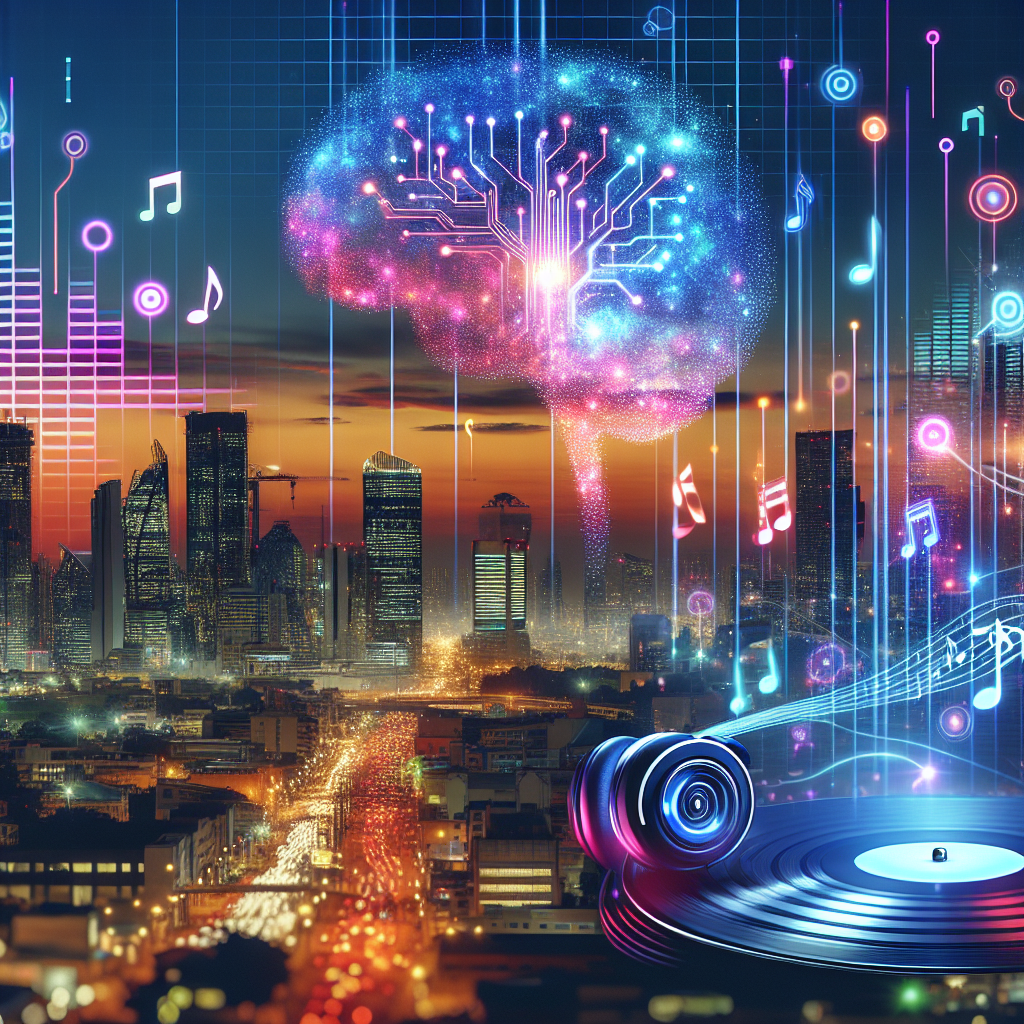In recent years, artificial intelligence (AI) has revolutionized the way we interact with technology in various industries, including music distribution. AI has significantly impacted how music is created, distributed, and consumed, shaping the future of the music industry. From personalized recommendations to predictive analytics, AI is changing the way we discover and enjoy music.
AI in music distribution has allowed for more efficient and accurate recommendations, helping users discover new music that aligns with their preferences. By analyzing user data and behavior, AI-powered algorithms can provide personalized recommendations tailored to individual tastes. This has led to a more customized music listening experience, allowing users to discover new artists and genres they may not have come across otherwise.
One of the most notable examples of AI in music distribution is streaming platforms such as Spotify and Apple Music. These platforms use AI algorithms to analyze user data, such as listening history, liked songs, and playlists, to generate personalized recommendations. This not only helps users discover new music but also benefits artists by increasing exposure and engagement with their music.
AI has also played a significant role in the distribution and promotion of music. With the rise of social media and digital marketing, AI-powered tools can analyze user engagement and behavior to target specific audiences with music promotions. This targeted approach allows artists to reach a wider audience and increase their visibility in the industry.
Furthermore, AI has improved the efficiency of music distribution by automating processes such as licensing, royalties, and copyright management. This has streamlined the distribution process for artists and labels, allowing them to focus more on creating music rather than administrative tasks.
In addition to distribution, AI has also impacted the creation of music itself. AI-powered tools such as virtual instruments, automated composition software, and machine learning algorithms have enabled artists to explore new creative possibilities and push the boundaries of music production. These tools can assist artists in generating melodies, harmonies, and rhythms, providing inspiration and enhancing the creative process.
Overall, AI in music distribution has transformed the way we discover, consume, and create music. With advancements in AI technology, the music industry is poised for further innovation and growth in the coming years. As AI continues to evolve, we can expect to see more personalized experiences, efficient distribution methods, and innovative music creation tools that will shape the future of music.
FAQs:
1. How does AI recommend music to users?
AI recommends music to users by analyzing their listening history, liked songs, playlists, and other user data to generate personalized recommendations. This allows users to discover new music that aligns with their preferences.
2. How does AI impact music distribution?
AI impacts music distribution by streamlining processes such as licensing, royalties, and copyright management. It also helps in targeting specific audiences with music promotions, increasing visibility and engagement for artists.
3. Can AI create music?
AI-powered tools such as virtual instruments, automated composition software, and machine learning algorithms can assist artists in creating music by generating melodies, harmonies, and rhythms. While AI can aid in the creative process, the final output is often a collaboration between AI and human creativity.
4. How is AI shaping the future of music?
AI is shaping the future of music by providing more personalized experiences for users, improving the efficiency of music distribution, and enabling artists to explore new creative possibilities. As AI technology continues to evolve, we can expect further innovation and growth in the music industry.

